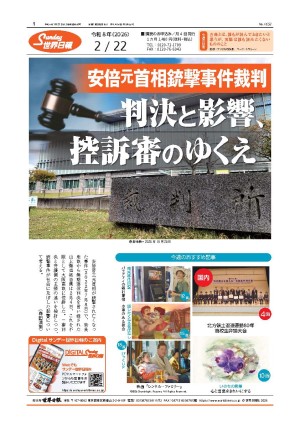クリントン政権下でNSAは「脳死」状態だった Bill Clinton neglect left NSA ‘brain dead’ as al Qaeda plotted 9/11 attacks
アルカイダによる2001年9月11日のニューヨークと国防総省への攻撃計画が最終段階にあったとき、通信傍受を行う米国家安全保障局(NSA)はクリントン大統領によって壊滅状態にあった。
当時、NSAの局長だったヘイデン退役空軍大将は自伝で、当時のNSAの後退ぶりをこう説明した。自伝では、NSAの内幕が描かれているが、NSAは政府が存在すら認めなかったことがある。
2000年1月のある日、旧式のコンピューターネットワークに処理能力以上の負荷がかかり、クラッシュした。ヘイデン氏はこれをNSAの「脳死」と表現している。
...【全文を読む】







